SEARCH
ALL NEWS

Apache Flink honored with the 2023 ACM SIGMOD Systems Award
The open-source big data stream analytics platform Apache Flink won the 2023 ACM SIGMOD Systems Award. The SIGMOD Systems award is one of the world's most prestigious awards in the field of data management. The origins of Apache Flink can be traced back to Berlin.
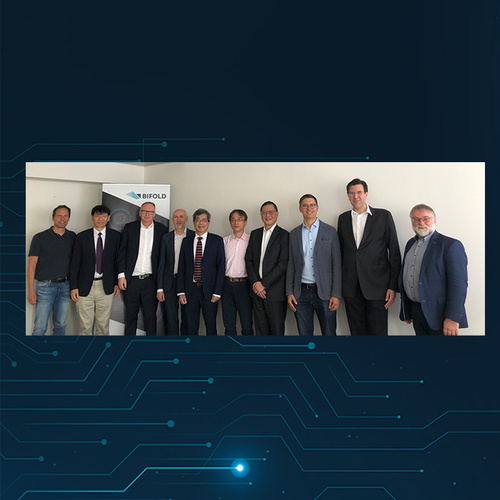
Guest Visit: NCHC (Taiwan) meets BIFOLD
On May 26, 2023, BIFOLD welcomed a delegation from the National Center for High Performance Computing (NCHC).

Earn a PhD at the BIFOLD Graduate School
BIFOLD Graduate School seeks 10 early career researchers who want to earn a PhD in the areas of current challenges in artificial intelligence and data science, with focus on data management, machine learning, and their intersection. The research program starts in October 2023, deadline for applications is May 12, 2023.
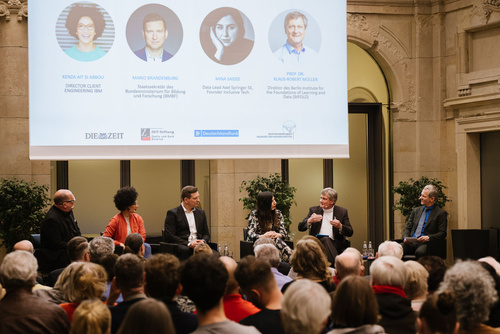
How AI revolutionizes everyday life
At the 88th ZEIT Forum Wissenschaft BIFOLD Director Prof. Dr. Klaus-Robert Müller discussed with Kenza Ait Si Abbou, Director Client Engineering IBM, Mina Saidze, Data Lead Axel Springer SE, and Mario Brandenburg, Parliamentary State Secretary BMBF, how Artificial Intelligence is affecting our everyday life. The recording of the debate is available here.

Do computers and humans "see" alike?
The field of computer vision has long since left the realm of research and is now used in countless daily applications, such as object recognition and measuring geometric structures of objects. One question that is not or only rarely asked is: To what extent do computer vision systems see the world in the same way that humans do?
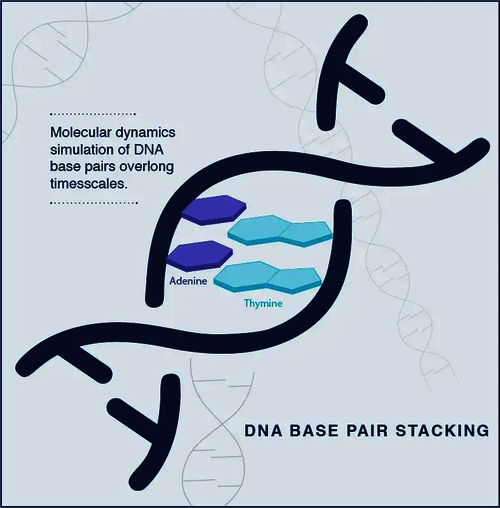
Simulation of complex quantum systems
An international team of BIFOLD scientists together with scientists from the Université du Luxembourg and Google has now successfully developed a machine learning algorithm to simulate complex quantum system.

Machine Learning and Security
Welcome to Prof. Dr. Konrad Rieck, who heads the new workgroup Machine Learning and Security at BIFOLD and TU Berlin and started January 1, 2023.
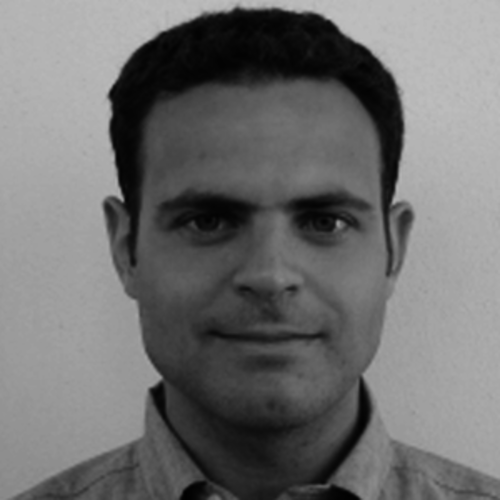
Special honor for Georgios Smaragdakis
ACM names BIFOLD Fellow Prof. Dr. Georgios Smaragdakis as ACM Distinguished Member "For Outstanding Scientific Contributions to Computing".
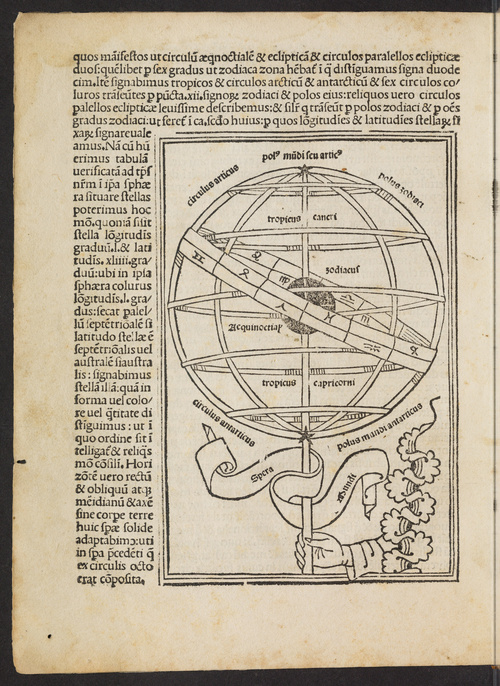
Detecting Visual Elements in Historical Documents
Historians are increasingly in need of digital tools to process and extract information from electronic copies of historical sources. BIFOLD scientists developed YOLO (You Only Look Once).
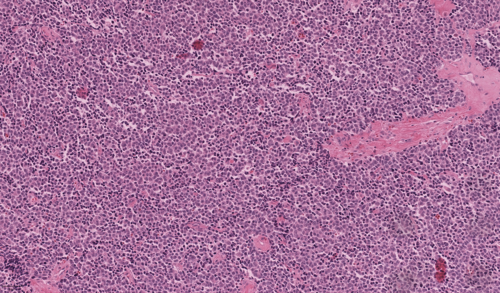
AI facilitates breakthrough in cancer diagnostics
So-called sinonasal undifferentiated carcinomas (SNUCs) are extremely difficult to diagnose. An interdisciplinary team of researchers has developed an AI tool that reliably distinguishes tumors on the basis of chemical DNA modifications

